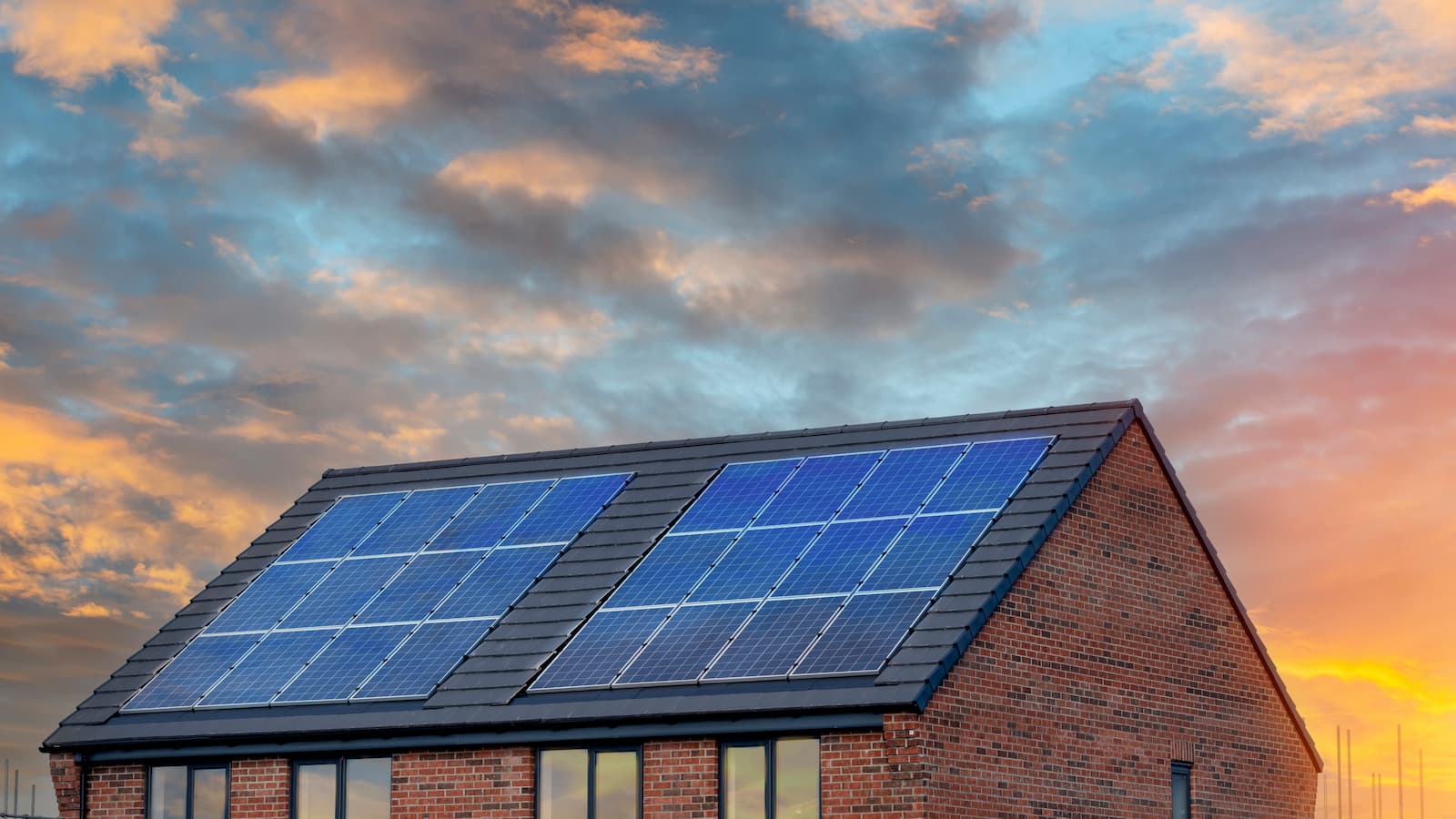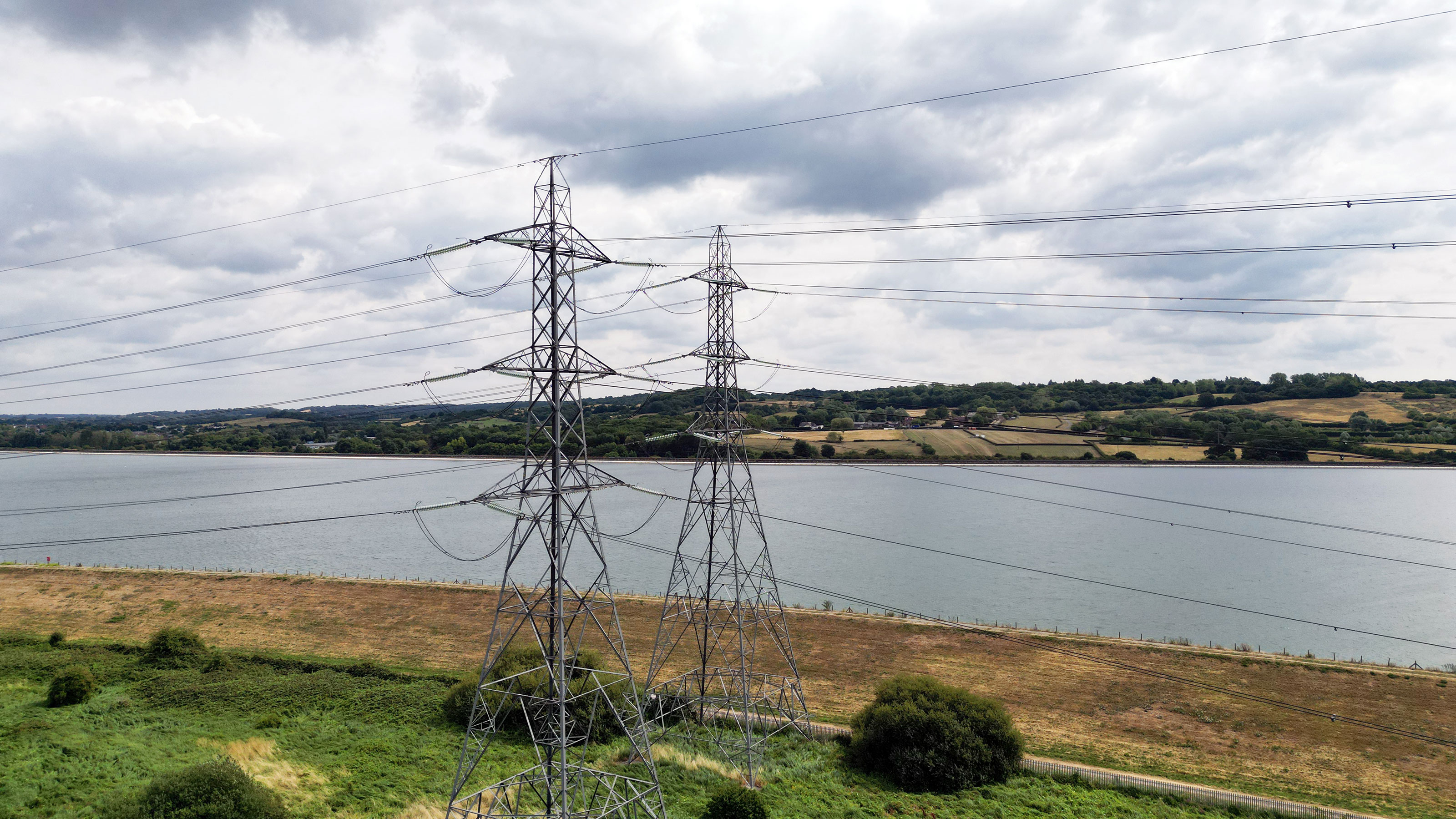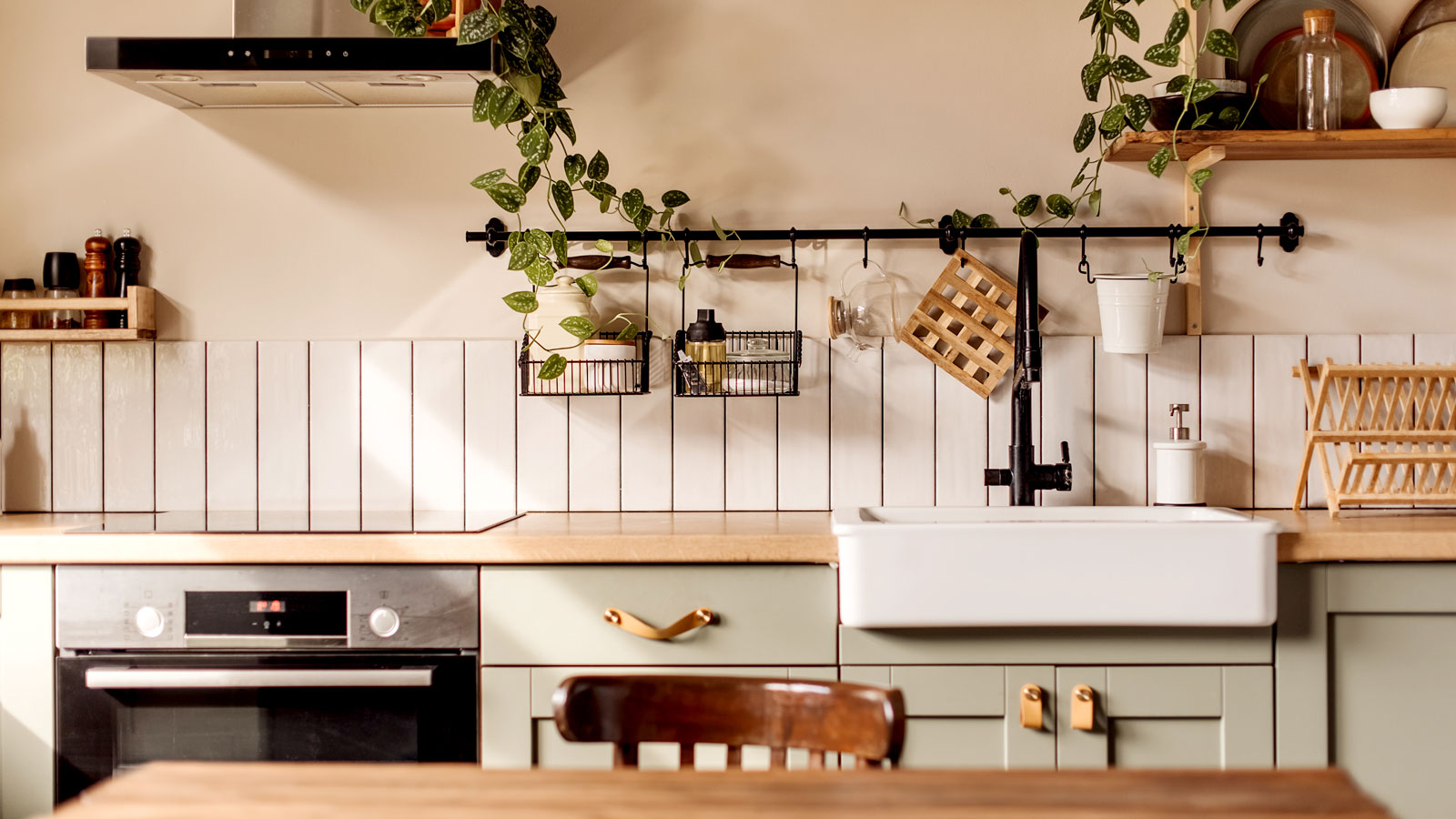Why it may soon become easier to get planning permission for solar panels
Labour has promised to make installing solar panels easier for homeowners as Ed Miliband said he will "unleash a UK solar rooftop revolution"

Bring your dream home to life with expert advice, how to guides and design inspiration. Sign up for our newsletter and get two free tickets to a Homebuilding & Renovating Show near you.
You are now subscribed
Your newsletter sign-up was successful
The Labour Government has announced plans to relax planning requirements for solar panels.
The plans include removing existing barriers for solar panel planning permission in a bid to make it easier for homeowners to install the renewable energy source on their properties.
Secretary of State for Energy Security and Net Zero Ed Miliband says the plans form part of plans "to unleash a UK solar rooftop revolution" and help triple solar panel power production in the UK by 2030.
What are the current regulations for solar panels?
Solar panels are generally considered permitted development so planning permission is not usually needed. However, there are exceptions to this, which include:
- Flat roofs: Planning permission is often required because panels on flat roofs need to be angled, causing them to protrude more than the 0.2 meters that is allowed under permitted development rights.
- Listed buildings: Installing solar panels on these requires listed building consent and planning permission.
- Conservation areas: Panels can be installed under permitted development rights unless they are on a wall facing a highway, which would need planning permission.
Normal building regulations apply, ensuring the roof can support the panels and that the installation minimally affects the building's appearance and area.
What will the new regulations for solar panels include?
Labour is working with the building industry to ease the restrictions on planning permission for solar panels on new and existing homes.
The proposed legislation will introduce solar-related standards for new-build properties starting next year and may relax restrictions in conservation areas and on listed buildings.
Bring your dream home to life with expert advice, how to guides and design inspiration. Sign up for our newsletter and get two free tickets to a Homebuilding & Renovating Show near you.
A Labour spokesperson said: "As part of plans to triple solar power, we will also consult on extra measures in the National Planning Policy Framework that highlight the importance of solar power to our clean energy ambitions."
Labour's Warm Homes Plan is also set to be introduced, which will offer grants and low interest loans to offer solar panels and solar batteries to upgrade homes.
Energy Secretary Ed Miliband said: "We will encourage builders and homeowners in whatever way we can to deliver this win-win technology to millions of addresses in the UK so people can provide their own electricity, cut their bills and at the same time help fight climate change.”
Simon Rix, planning consultant and director of Planix.uk, has welcomed the planned changes stating: "Getting through the planning system in the UK can be like walking through treacle, which is a real shame given we need lots more homes and lots more renewable energy.
"Anything that makes getting approval for installing solar panels easier would be good news for homeowners and for the planet, so I'd welcome it."

Simon Rix is a professional planning consultant, who began his career working in local government in the 1990s. He was a council officer and later an elected councillor, so he knows how the planning system works from both sides. He went on to set up Planix.UK Planning Consultants Ltd; a consultancy company that advises self builders, home extenders and those taking on small to medium-sized building projects on planning permission.
National Grid 'biggest obstacle' to 'electrification of industry'

With an increased reliance on electricity to power homes improvements to the National Grid will be required with the UK currently only having 3.5GW of battery storage capacity on the Grid.
By 2050, the National Grid ESO, the electricity system operator for Great Britain, forecasts that the UK will require at least 50 GW of energy storage power capacity and the government is aiming for 30GW in operational capacity by 2030.
In their Make Britain a Clean Energy Superpower pledge Labour stated "the national grid has become the single biggest obstacle to the deployment of cheap, clean power generation and the electrification of industry" and "Labour will work with industry to upgrade our national transmission infrastructure and rewire Britain".
However, Labour has admitted it could take until the early 2030s before these improvements are made and have placed a focus on local power generation, which involves producing electricity close to where it will be used, rather than relying solely on large, centralised power plants.
This approach helps reduce strain on the national transmission grid, as electricity doesn't need to travel long distances, leading to less energy loss and fewer infrastructure demands.
Labour's 'Local Power Plan' includes installing solar panels on homes and businesses, building small wind farms, or using community-based energy projects.

News Editor Joseph has previously written for Today’s Media and Chambers & Partners, focusing on news for conveyancers and industry professionals. Joseph has just started his own self build project, building his own home on his family’s farm with planning permission for a timber frame, three-bedroom house in a one-acre field. The foundation work has already begun and he hopes to have the home built in the next year. Prior to this he renovated his family's home as well as doing several DIY projects, including installing a shower, building sheds, and livestock fences and shelters for the farm’s animals. Outside of homebuilding, Joseph loves rugby and has written for Rugby World, the world’s largest rugby magazine.
